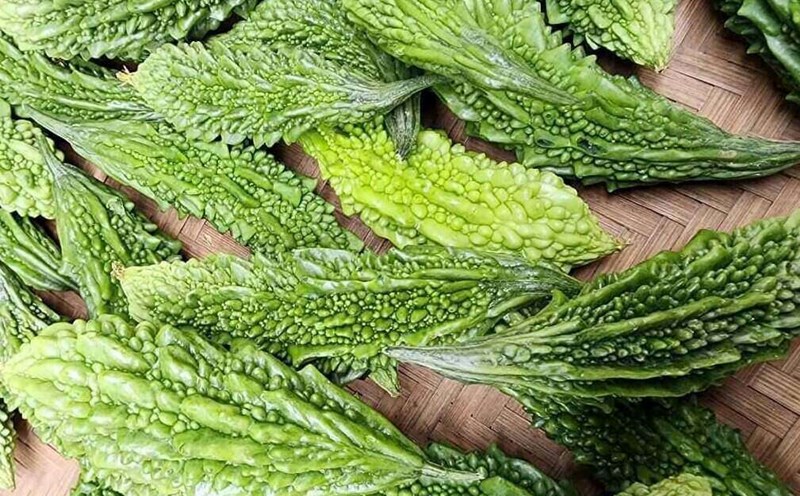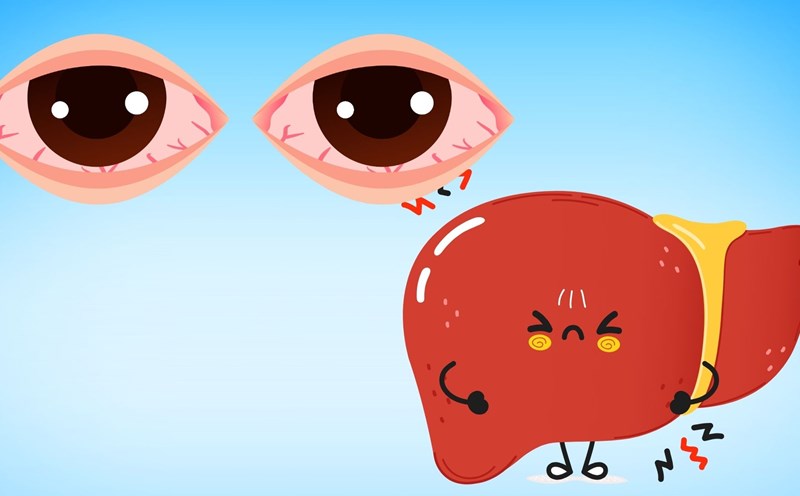Tea, especially green tea, is known for its many health benefits due to its rich antioxidant content such as catechin. However, for people with liver disease, consuming tea, especially thick tea or thick tea extract, can be harmful rather than beneficial.
Therefore, if there is a person with liver disease in the family, they should pay attention to the habit of drinking tea after each meal.
A study by the National Institutes of Health has recorded a number of cases of acute liver damage related to the use of green tea products, in which substances such as epigallocatechin gallate are suspected to be the main cause. When the liver is weak or damaged, the ability to metabolize and excrete these compounds is reduced, leading to a buildup of toxins, thereby aggravating the liver condition.
The World Health Organization has also warned that consuming high doses of green tea extract can be toxic to the liver, especially in people with a history of liver disease or impaired liver function. Consuming over 800 mg of epigallocatechin gallate per day is associated with an increased risk of liver damage.
Although drinking regular tea is less risky, people with liver disease, which has impaired liver function, should still be cautious.
Tea also contains caffeine, which can stimulate and affect sleep, reducing the body's ability to recover - which is extremely important for people being treated for liver disease. Some teas can also increase the metabolic burden on the liver due to their high content of tannins and polyphenols.
Although tea has many benefits for healthy people, for people with liver disease, the use of tea, especially black tea or tea extract, should be limited or completely avoided according to the doctor's instructions.
Replacing with water, diluted juices or herbs permitted by your doctor is safer and more beneficial.











